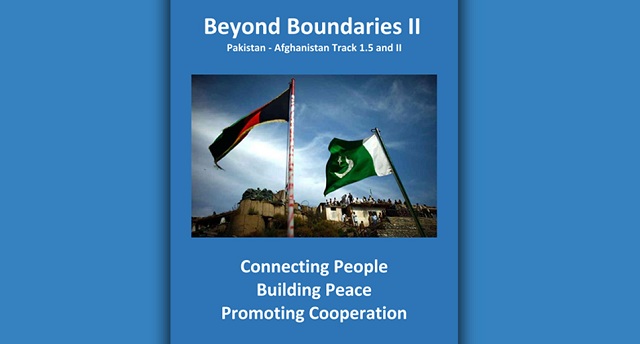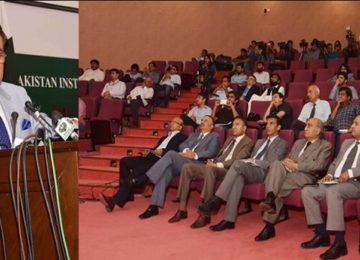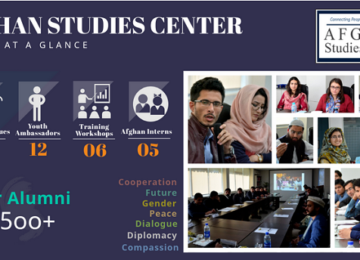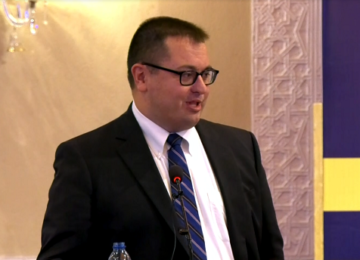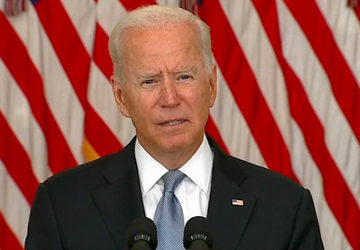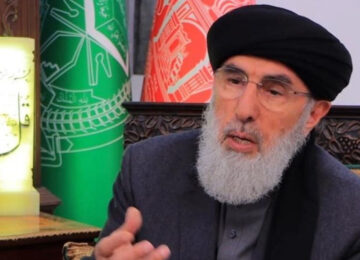This latest publication captures all the previous rounds of CRSS’s cross-border Track 11/1.5 initiative Beyond Boundaries. While it illustrates the progress and activities of the initiative, the publication also provides a comprehensive and referenced historical overview of Pak-Afghan relations. CRSS hopes that this document serves as a basic brief guide for all those who want to discover the evolution of the relations between the two neighbours.
EXECUTIVE SUMMARY:
The Center for Research and Security Studies (CRSS) – as part of its efforts to improve bilateral relations between Pakistan and Afghanistan – continued its Track 1.5/II initiative – Beyond Boundaries – in partnership with Afghan counterpart organization Women & Peace Studies Organization (WPSO) from August 2016 to March 2017. The phase I of the initiative ran through October 2015 to March 2016 in partnership with Afghan counterpart organization Duran Research and Analysis (DRA); these rounds brought together Afghan and Pakistani security and civil society experts for an unprecedented series of about a dozen meetings to discuss bilateral acrimony, help deescalate the heightened tensions, soothe the bitter context and explore ways of cooperation between the two neighbors.
The phase II of Beyond Boundaries built on the successful outcome of its prequel and convened six more meetings through the formation of Pakistan Afghanistan Joint Committee (PAJC) comprising up to seven influential members such as parliamentarians, security experts, retired civil and military bureaucrats, senior media persons, and civil society activists from both countries.
The PAJC was developed as a bilateral Track II mechanism to mitigate overcome the deeply-rooted acrimony, minimize distrust and remove misperceptions through reciprocal visits, meetings with high level government officials, and through focused and meaningful dialogues among the PAJC group members. Border management, security, easement of formal bilateral and transit trade, refugees in Pakistan, education, health, arts and culture, media, and intellectual exchanges were some of the major issues that the PAJC focused on during the two rounds.
The PAJC members through their visits to Pakistan and Afghanistan for interactions and high level strategic sideline meetings with senior government and non-government stakeholders on issues of bilateral concern (listed above) to hear them out and frame policy recommendations.
Besides, the PAJC members also had several important media appearances, including participation prime time TV talk shows on leading TV channels in both the countries. This was designed to highlight existing areas of disagreement, take the conversation to broader audiences with a view to improve mutual perceptions, and sensitize viewers on socio-political conditions inside Afghanistan and Pakistan.
PAJC members also visited several universities, including those in Karachi, Lahore, Mazaar-e-Sharif and Kabul in Afghanistan, for lectures on the state of bilateral relations and with a view to help detox the respective narratives in a complex socio-political environment.
The aim was to gradually improve perceptions on both sides and help them become force-multipliers. The CRSS and WPSO also administered perception surveys during university visits to gauge as to whether such interactions entailed any positive results.
The project also involved international experts as neutral observers. They helped in moderating at times heated discussions
Please see the full PDF here.
© Center for Research and Security Studies (CRSS) and Afghan Studies Center (ASC), Islamabad.



